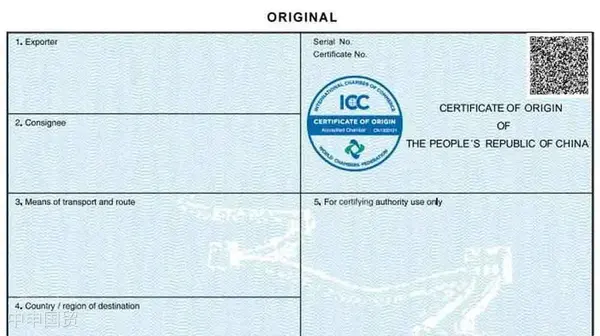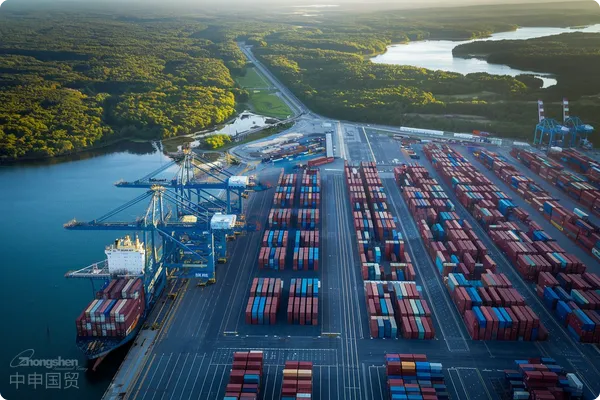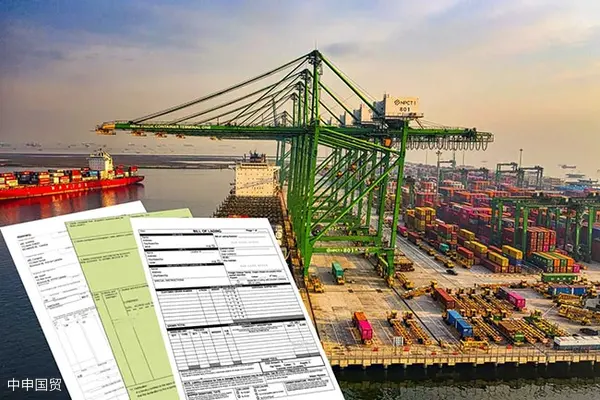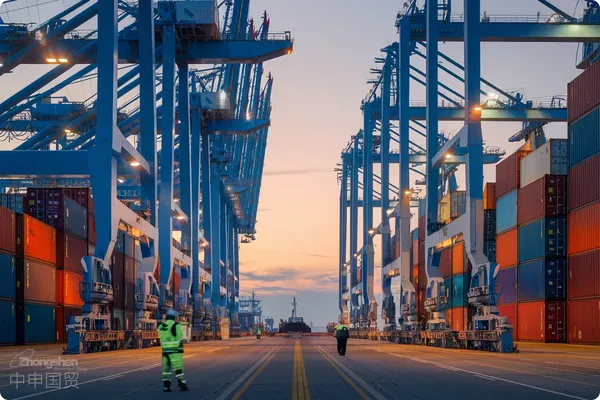- Shanghai Zhongshen International Trade Co., Ltd. - Two decades of trade agency expertise.
- Service Hotline: 139 1787 2118
Understanding and complying with Brazils import regulations is the key to ensuring the smooth customs clearance of goods. As long as you are well - prepared and greatly reduce the possibility of goods being detained, you can ensure that the goods smoothly enter the Brazilian market. To ensure the smooth customs clearance of your goods, we have compiled a detailed guide to help you avoid unnecessary detention and delays.
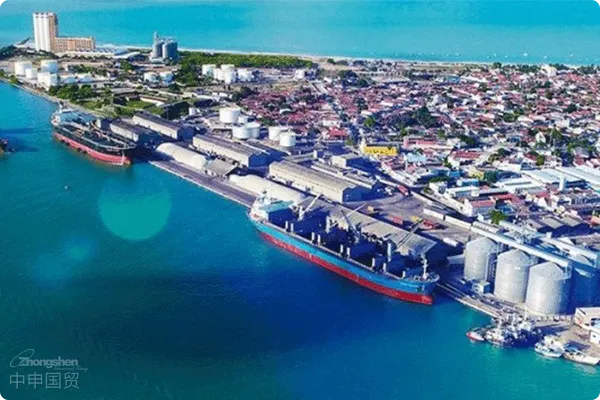
I. Correct Documents
Correct documents are the key to customs clearance. The following are the main document information that needs to be provided:
(1) Importers name
(2) Invoice number
(3) Delivery location and date
(4) Quantity and detailed description of goods, such as brand, serial number, model, etc.
(5) Unit price and total price of goods (in US dollars)
(6) Customs code (HS code)
(7) Gross weight, net weight and other relevant information of the goods
In addition, the importer must also hold a Brazilianforeign tradeOperating license (Radar license) to conduct international trade operations. This is not only a license to use SISCOMEX, but also proof of the importers legality.
II. Brazilian National Health Surveillance Agency (Anvisa)
Anvisa is responsible for supervising goods that may affect public health, such as pharmaceuticals, food, health products andCosmetics & Personal Care. To ensure the safety of these products, Anvisa will conduct inspections at the following three time points:
(a) When requested
(b) Before shipment
(c) During the customs clearance process
Goods must meet Anvisas standards to enter Brazil. Especially some high - risk products, such as health products and cosmetics, are more likely to be detained.
III. Brazilian Ministry of Agriculture (MAPA)
MAPA is responsible for supervising the import of animal and plant raw materials. This type of product requires special attention because it may have an impact on Brazils ecological environment. In order to import this type of product, the importer must register with MAPA and submit relevant documents to SIF. In addition, the packaging materials imported together with the goods, such as wooden boxes, also need to meet specific standards.
IV. Brazilian National Institute of Metrology, Quality and Technology (INMETRO)
INMETRO is responsible for formulating national standards and ensuring that all imported products meet these standards. In order to sell products in Brazil, the importer needs to obtain certification from one of the following two institutions:
(a) INMETRO認可的外國監管機構
(b) INMETRO本身
In addition, all products that require mandatory INMETRO certification must hold a specific license when imported.
V. Brazilian Federal Revenue Service
Although the main responsibility of the Brazilian Federal Revenue Service is taxation, its tax auditors also have the right to inspect imported goods. Even if the provided documents are complete and correct, the auditors can detain the goods if they deem it necessary.
VI. Prohibited Import Goods
Brazil has a series of prohibited import goods, such as certain cigarettes, toy guns, wild animals and plants, hazardous substances, etc. Understanding these prohibited import goods is crucial to avoid unnecessary detention and fines.
VII. Other Authorized Agencies
In addition to the above - mentioned agencies, there are some other agencies that may also be involved in the supervision of imported goods, such as CNEN, CNPQ, DECEX, DPF, etc. They are each responsible for the supervision of different fields, such as radioactive substances, scientific research products, goods under trade protection, etc.
Related Recommendations
? 2025. All Rights Reserved. 滬ICP備2023007705號-2  PSB Record: Shanghai No.31011502009912
PSB Record: Shanghai No.31011502009912
